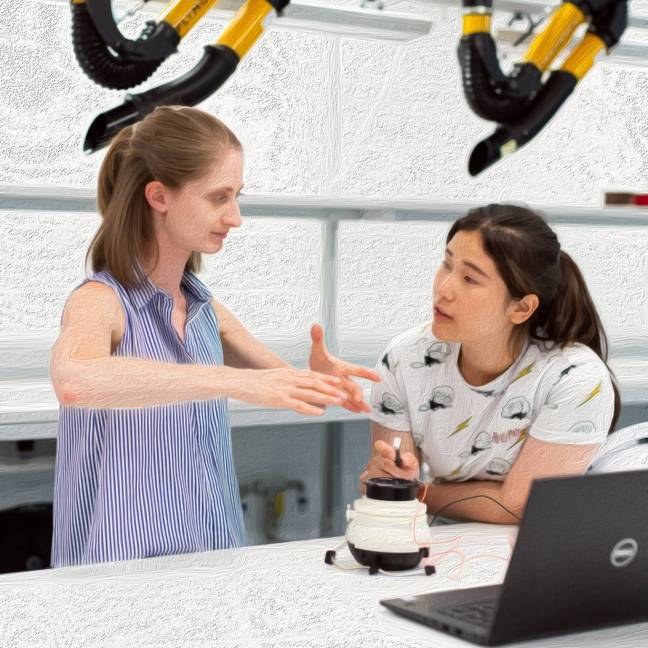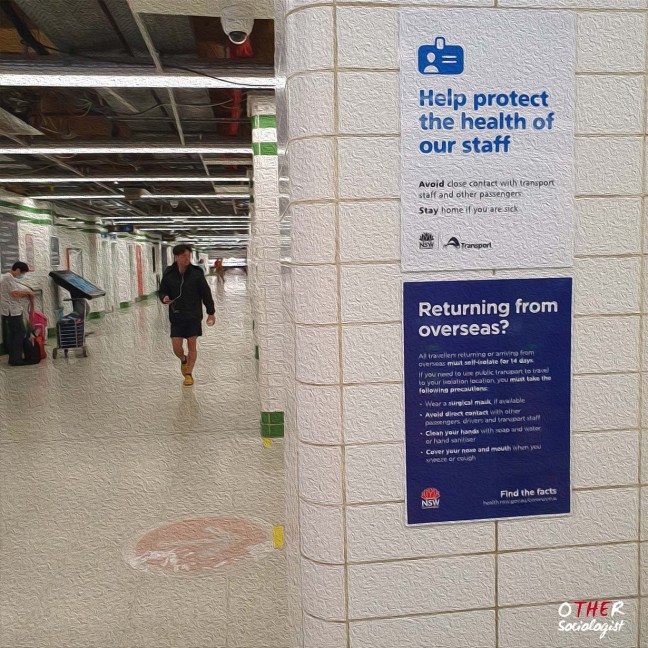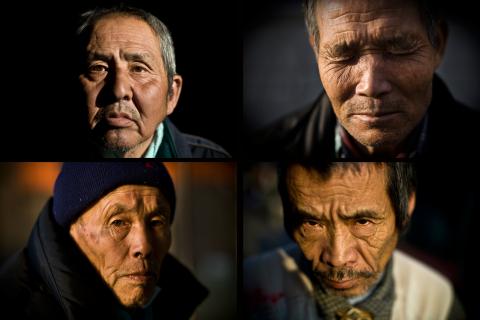I lead the Women in Trades project. Our team investigates the behavioural barriers and solutions to women’s recruitment in traditionally male-dominated trades, such as construction, engineering and electrotechnology. In the state of New South Wales, women make up only 9% of all apprentices, and 2% of qualified tradespeople in these industries. Our first research report has been published by our partners. The Women in Trades Promising Practice Review presents an overview of best practice in vocational training and employment in Australia and internationally.
Continue reading Increasing Women’s Participation in TradesIncreasing Women’s Participation in Trades




